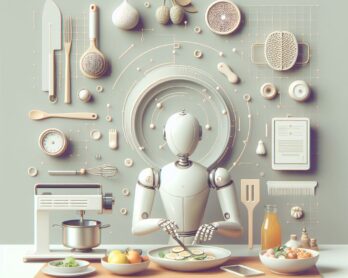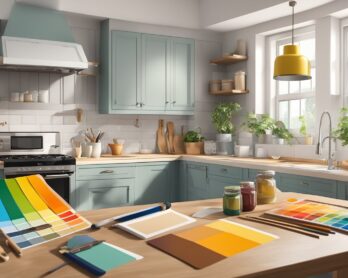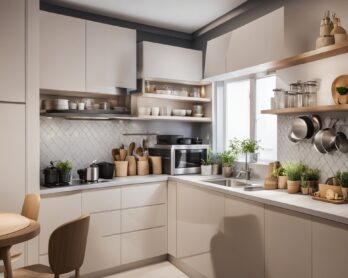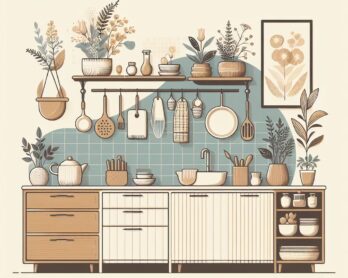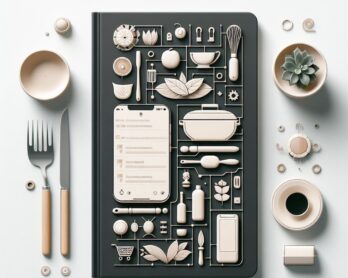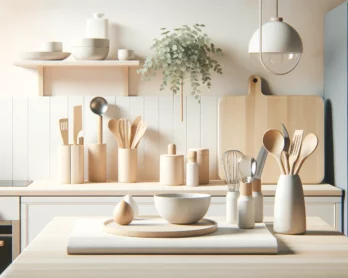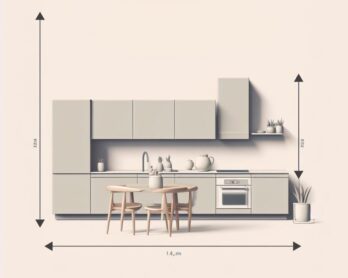What is Feng Shui?
Feng Shui is often referred to as ‘the art of placement‘. It’s a Chinese philosophy that analyses the placement of objects and how they affect the energy that flows around them. According to the Feng Shui principles, the placement of these objects has an influence on your personal energy flow as well.
Literally translated, Feng Shui means ‘wind – water‘. In Chinese culture these elements are associated with good health – good Feng Shui means good luck and vice versa. This philosophy has been practiced for centuries to design environments that enhance conditions for success in life.
The ancient Chinese used the Feng Shui principles to orient spiritually significant structures such as tombs. It was also used to identify the ideal place to built palaces, castles and other public monuments. Even entire cities were designed and built according to the Feng Shui principles.
Designing a Feng Shui Kitchen
Since ancient times the kitchen is considered to be the heart of a home. It is also a part of an important Feng Shui triangle (the bedroom, bathroom and kitchen), thus it is directly connected to your well-being. With a few simple tips you can improve the Feng Shui of your kitchen:
Prevent clutter
Simplicity is one of the core principles of this ancient Chinese philosophy. That’s why it’s best to keep your kitchen as simple as possible and not overload it with jars, storage containers and gadgets. Try to prevent clutter as much as possible. Discipline yourself to store objects that you do not use on a daily basis, for example toasters, mixers and blenders.
Plants, flowers and herbs
Fresh flowers, plants and fresh herbs can bring good Feng Shui in your kitchen. Fresh herbs are also very useful for cooking. For plants and herbs it’s best to use ceramic pots instead of metal or plastic containers. You can find this type of pots in most home depots.
Position of the stove
The position of your stove is one of the most important factors in the kitchen for good Feng Shui. Ideally, the stove should not be too close to a door. This is an important principle in Feng Shui because the ‘chi’ (energy force) of a room can easily escape via these doors.
Even better is when the stove is facing the doorway. That’s why a cooking island is very popular in Feng Shui kitchen design.
Lighting
Plenty of light can create a feeling of space. Letting in natural light can improve the energy flow of a room. Alternatively you could raise the wattage of the already existing lighting or add additional light fixtures.
Choosing the right colors can also help. It’s best to use light colors in a kitchen – dark colors can make a room look smaller. Choose your colors wisely, because each color is linked to a certain energy (learn how to use colors in Feng Shui).
If your kitchen is still too dark, you can try placing a mirror. Mirrors reflect light and create an illusion of space.
PS: there are more radical adjustments you can make to your kitchen, but these might not be very practical. If you want to learn more about the principles of Feng Shui, take a look at some of these ebooks.


